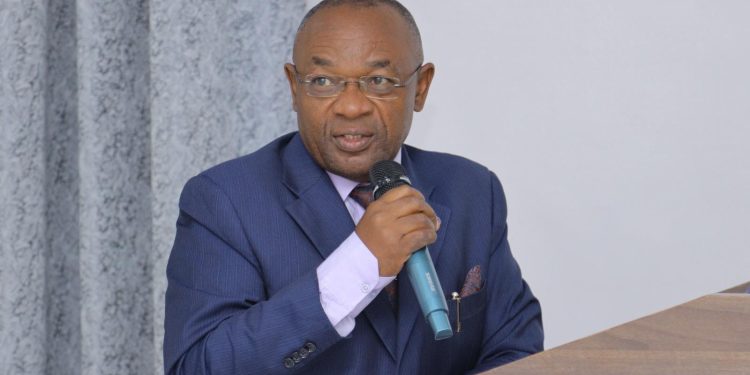Uganda is in the final stages of developing a National Waste Management Policy designed to overhaul the country’s waste sector and turn waste into a valuable resource.
Permanent Secretary of the Ministry of Local Government, Ben Kumumanya, revealed the development during a high-level inter-ministerial consultative meeting in Entebbe, saying the draft policy responds to a Cabinet directive and seeks to address persistent challenges such as inadequate infrastructure, weak enforcement, limited funding, and unclear roles among government institutions. 
“The policy is a direct response to a Cabinet directive and will address long-standing challenges in the waste sector, including inadequate infrastructure, weak enforcement, limited funding, and unclear roles among government entities,” Kumumanya said.
The meeting brought together key players from government, the private sector, civil society, and development partners to build consensus before the draft is presented to Cabinet.
Local Government Minister Raphael Magezi stressed that public involvement will be critical to the policy’s success, urging Ugandans to adopt responsible waste practices at the household level.
“The public must take an active role through proper waste separation at the household level, reducing littering, and embracing recycling practices,” Magezi said. He emphasized that while government and local authorities have a role, “lasting solutions to Uganda’s waste crisis depend heavily on public behavior and participation.”
The policy was initiated following Cabinet directives in the wake of the Kiteezi landfill disaster, which exposed systemic weaknesses in the country’s waste management systems.
If approved, the National Waste Management Policy 2025 is expected to provide a clear framework for roles, responsibilities, and coordination among stakeholders with the ultimate goal of transforming waste from a growing environmental hazard into a driver of sustainable development.















